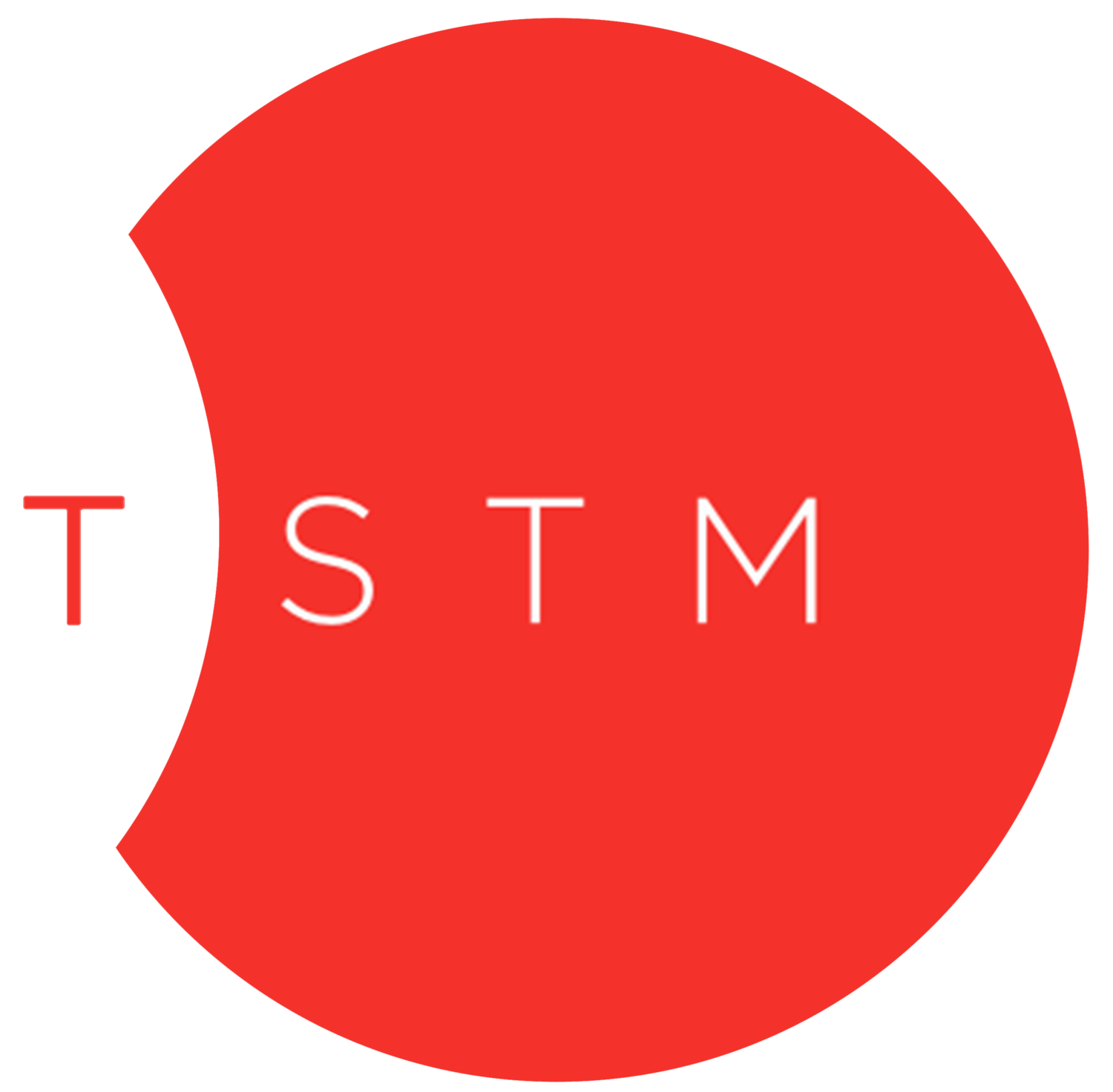Protein isn't just about building muscles; it's about building a strong and healthy gut.
Protein is one of the primary building blocks for all cells in the human body, including your gut cells. Even gut probiotics are made of protein.
Research has shown that both the amino acid balance and digestibility of dietary protein are primary factors contributing to gut microbes' composition, structure, and function. [1]
If you live in Australia, you’d think that protein malnutrition couldn’t exist. But many people in their midlife aren't eating enough protein, especially with trendy vegan and vegetarian diets on the rise.









